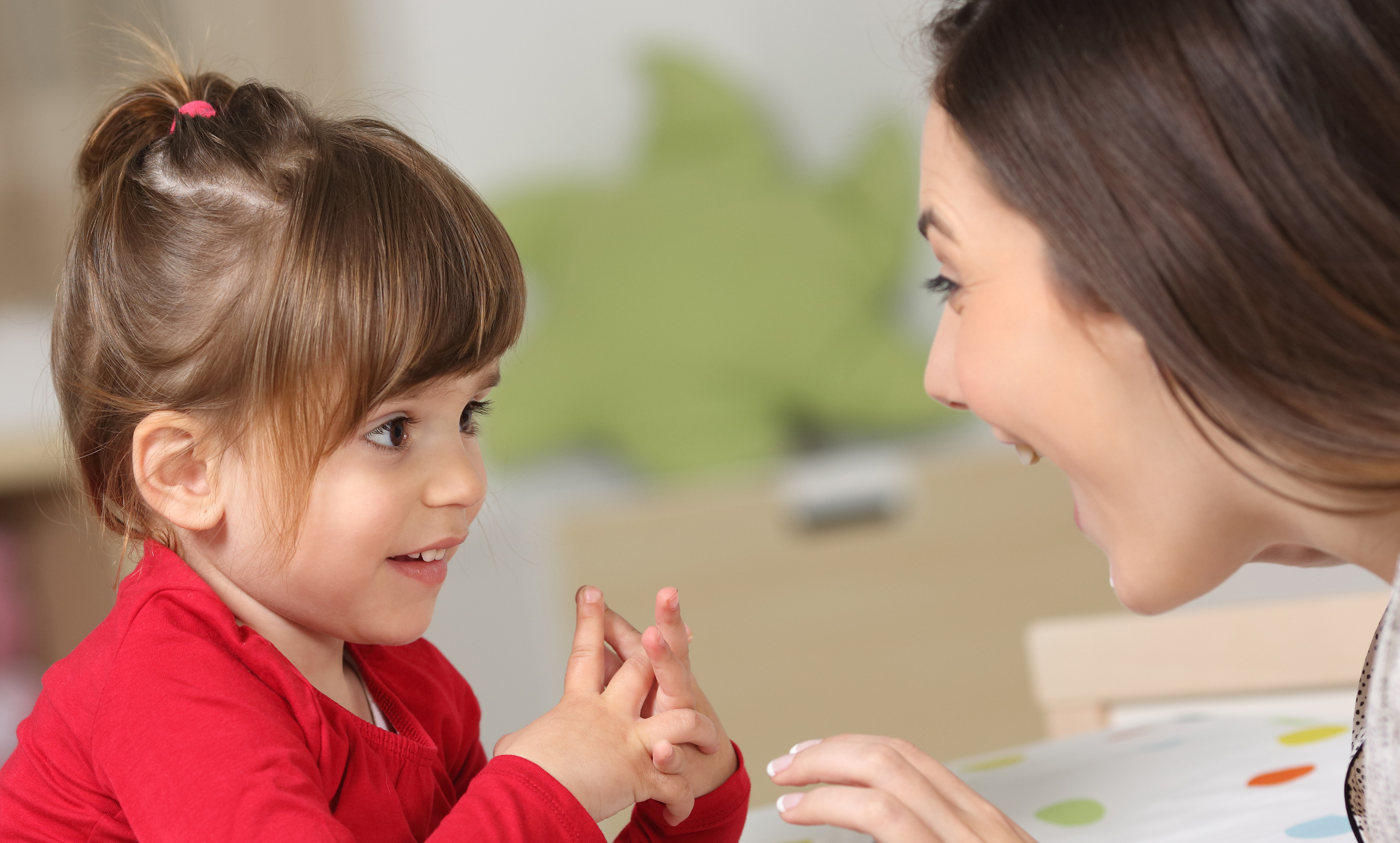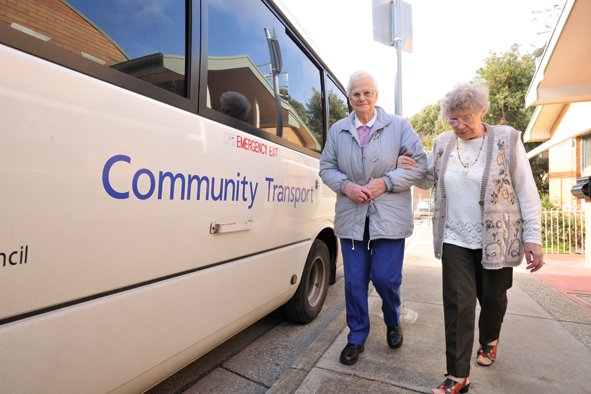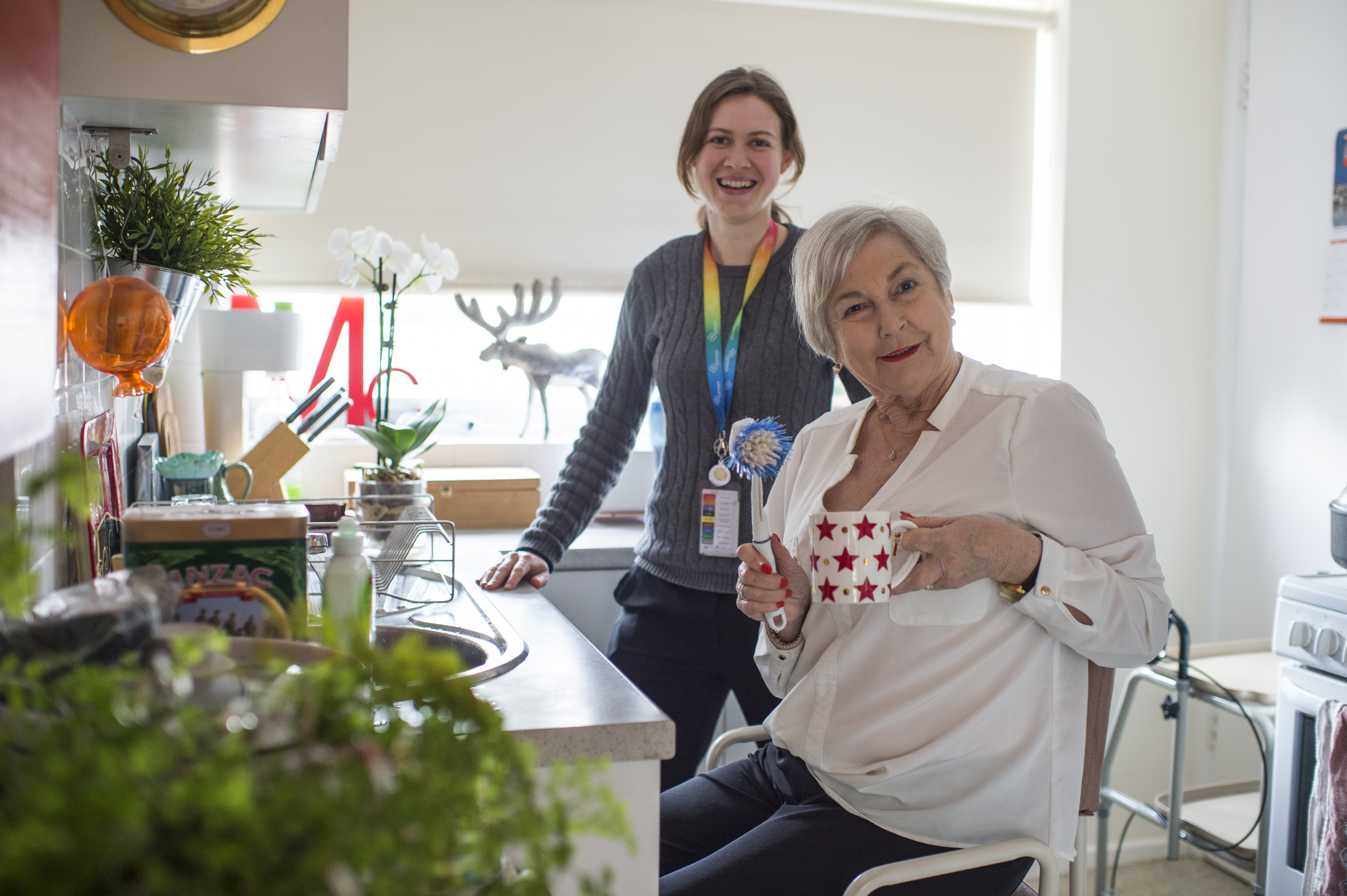Select from the following services

With many students and parents struggling with home-based learning, many adults are faced with the struggle to keep children healthy, motivated and occupied.
This is a new experience for all of us and it's natural that parents may feel anxious about how to protect and nurture kids through this crisis — often juggling work, home and family obligations all at once.
Connect Health & Community’s Youth and Family team share some tips to support you through this challenging time:
Having a routine - It appears that the experts all agree that setting and sticking to a regular schedule is key, even when you’re all at home all day. Kids should get up in the morning, get dressed, eat and go to bed at their normal times. Consistency and structure are calming during times of stress. Kids, especially younger ones or those who are anxious, can really benefit from knowing what’s going to happen and when.
It may help to print out a schedule and go over it as a family each morning or the start of each week. Setting a timer will help kids know when activities are about to begin or end. Having this will help parents plan out the days so they can have a clearer plan for the day, especially if you are working with more than one child in different school years.
Be creative and exercise - Incorporate new activities into your routine, like doing a puzzle or having family game time in the evenings. Build in activities that help everyone get some exercise (keeping in mind the social distancing laws). If possible take a daily family walk or bike ride or do yoga — great ways to let kids burn off energy and make sure everyone is staying active. This can be a welcome break if kids are mostly doing school work in front of a screen.
Manage your own anxiety - It’s completely understandable to be anxious right now (how could we not?) but how we manage our own personal anxiety can have an impact on our kids. Keeping your worries in check will help your whole family navigate this uncertain situation more easily.
For those moments when you do catch yourself feeling anxious, try to avoid talking about your concerns within earshot of children. If you’re feeling overwhelmed, step away and take a break. That could look like taking a shower or going outside or into another room and taking a few deep breaths. There are also many services around at offer counselling support if parents are finding this difficult to manage.
Staying in touch virtually - Keep your support network strong, even when you’re only able to call or text friends and family. Socialising plays an important role in regulating your mood and helping you stay grounded. And the same is true for your children. Let young people use technology (within reason) to stay connected to peers even if they aren’t usually allowed to do so. Communication can help kids feel less alone and help manage some of the stress that comes from being away from friends.
Make plans - In the face of events that are largely out of our control, it can be helpful to be proactive about what you can control. Making plans help things feel a little more normal. Book in virtual play dates, plan a fun outdoor family activity for the weekend. Plan to cook some of the family’s favourite meals together.
Seeing you problem-solve in response to this crisis can be instructive and reassuring for kids. Even better, assign kids tasks that will help them feel that they are part of the plan and making a valuable contribution to the family.
Keeping young people in the loop - Speaking to your kids in a clear and appropriate way about what’s going on is the best way to help them understand this current climate. It is also important to remember however that kids don’t need to know every little detail if it may cause them stress or anxiety. It’s best to keep the shared information age-appropriate.
Checking in - In some cases younger children may be oblivious to the facts of the circumstances going on, but they may still feel unsettled by the changes in routine, or pick up on the fact that people around them are worried and upset. Plan to check in with your children regularly and give them the chance to process any worries they may be having. Children acting out may in fact be feeling worried and anxious. Try to pick a calm, undistracted time and gently ask how they’re feeling and make sure to respond in a calm, consistent, comforting way.
Look after yourself - These changes we are going through are not easy so make sure everyone who can pitch in, does. Give kids age appropriate jobs. For example, teens might be able to help mind younger siblings when both parents have to work. Most young people can set the table, help keep communal spaces clean, do dishes or take out the rubbish. Working as a team will help your whole family stay busy and make sure no one person is overwhelmed. It is important to not be hard on yourself and remember you have needs too. You have to find a balance that works for your family.
If you are finding these changes overwhelming at times or finding it difficult to cope, be sure to reach out and ask for help.
Connect Health & Community provides counselling for everyone in the family from young children to adults and couples. Call 03) 9575 5333.
Or for more urgent assistance, please call Beyond Blue 1300 22 4636 or Lifeline 13 11 14.
A youth mental health initiative developed with students during Victoria’s lockdowns, is hoped to help reduce the stigma surrounding mental health issues and encourage teens to seek help early.
Read MoreOur Health Promotion team is supporting early learning centers through the Achievement Program, an initiative that helps services create a healthier environment for their students, staff and families.
Read MoreThis Children’s Week, we asked our paediatric team to share some of their favourite activities for kids that embrace the importance of play for a healthy lifestyle.
Read More
Speech pathologists provide assessment and management of communication, swallowing and feeding difficulties.
Read More
We have been offering safe and quality door-to-door transport options to our community since 1975.
Read More
We provide Occupational Therapy to help children, adults and those experiencing mental health issues, to achieve their full potential.
Read MoreSelect from the following services